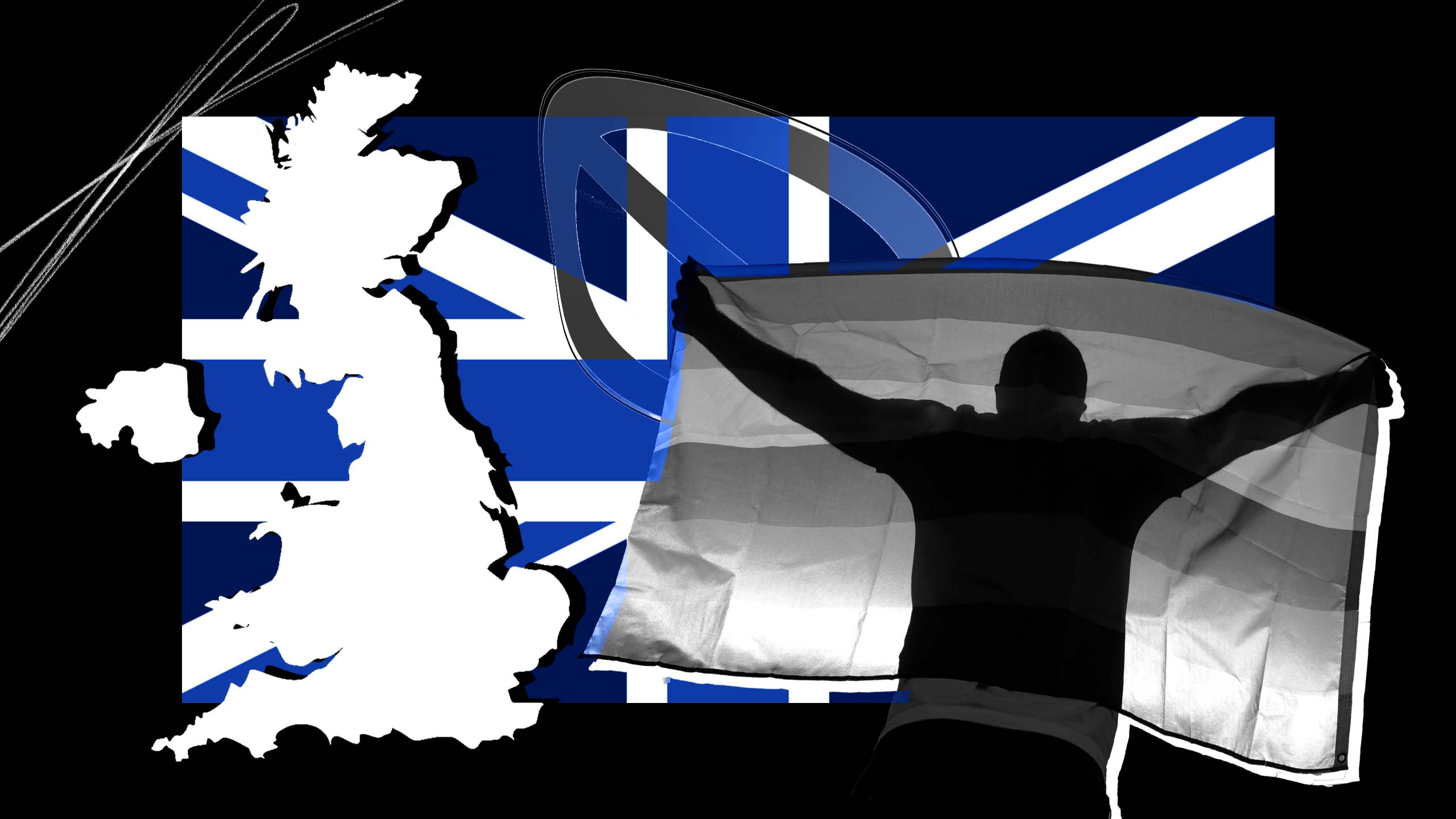In the past five years, the U.K. has reportedly refused over 3,000 asylum claims from queer people from countries where consensual same-sex relations are criminalized.
The data was included in a report released by the U.K. government on August 25, one which shows that the Home Office granted just 677 of 1,050 asylum on the basis of sexual orientation last year. That 64 percent acceptance rate was considerably higher than in previous years: just 44 and 48 percent of queer applicants were extended asylum in 2020 and 2021, respectively. The nadir was 2017, when just 22 percent of asylum seekers were permitted entry into the U.K.
According to an analysis of the data published in the U.K. LGBTQ+ outlet PinkNews, rejections included 1,048 applications from Pakistanis, 570 from Bangladeshis and 381 from Nigerians. Homosexuality is illegal in all three of these countries.
In Bangladesh, queer people can be subjected to life imprisonment for having sex, while Pakistan imposes a maximum sentence of capital punishment for homosexuality. In Nigeria, same-sex intimacy is punishable by up to 14 years in prison, while public displays of “amorous” affection between members of the same sex are outlawed. In the conservatively Muslim northern part of the country, queer Nigerians potentially face the death penalty under local Shariah laws.
After Pakistan and Bangladesh, Nigeria has the largest number of asylum seekers based on sexual orientation.
Alistair Carmichael, the Liberal Democrat Home Affairs spokesperson, accused the U.K.’s Conservative leadership or “failing to stand up” for LGBTQ2S+ equality in a statement cited by PinkNews. He said that the government was “guilty of sending thousands of people to countries where homosexuality is still against the law.”
“The U.K. should be advancing the cause of LGBTQ+ rights, at home and abroad, and offering sanctuary to those who need it,” Carmichael said.
Carmichael further urged U.K. leaders to “help people who are forced to flee violence and persecution simply for who they are and who they love.” He also called upon prime minister hopefuls Liz Truss and Rishi Sunak—who are competing in a two-way race to succeed outgoing PM Boris Johnson—to resolve to put an end to the Home Office’s “appalling culture of disbelief towards LGBTQ+ asylum seekers.”
But past actions of both Truss and Sunak do not point to better conditions for LGBTQ+ asylum seekers under their government. As the equalities minister, Truss assisted in the wholesale roll back of trans rights in 2020, squashing Gender Recognition Act reforms that would have made it easier for trans people in the U.K. to correct their legal gender.
Sources close to his campaign have claimed that Sunak opposes the alleged erasure of cisgender women “via the use of clumsy, gender-neutral language.” He reportedly plans to “call on schools to be more careful in how they teach on issues of sex and gender.”
LGBTQ+ asylum seekers in the U.K. already face terrible conditions. Sebastian Rocca, who provides safe housing to LGBTQ2S+ asylum seekers and refugees in the U.K. through the charity Micro Rainbow, told Xtra in a statement that “one of the most common reasons for the Home Office to refuse asylum to LGBTQ+ people in the U.K. is because they do not believe they are LGBTQ+.” The Micro Rainbow founder added that the U.K. government’s approach has “potentially life-threatening consequences” for queer and trans folks.
In April, Johnson announced a plan to relocate tens of thousands of refugees seeking asylum in the U.K. He described his scheme to force the refugees to seek asylum in Rwanda as an “innovative approach,” claiming that it was a necessary decision to “beat the business model of gangs.”
At the time, LGBTQ+ advocates criticized the government’s decision. Sonia Lenegan, policy and legal director of Rainbow Migration, called that situation “hugely concerning.”
“We know that in Rwanda it is not easy for LGBTQ+ people to be open due to the discrimination and abuse they experience,” Lenegan told Xtra earlier this year. “It is extremely difficult to see how anyone in that situation will be able to make an asylum claim based on the fact that they are LGBTQ+, while also having to hide who they are.”
Although same-sex intimacy is not illegal in Rwanda, homosexuality is still a taboo topic. LGBTQ+ Rwandans face harassment, assault and arbitrary arrests by police, according to a Human Rights Watch report.
LGBTQ+ people seeking asylum in Canada also face dire conditions upon attempting to enter the country. According to reports, Canada’s immigration backlog had more than two million outstanding applications as of May, with more than 110,000 asylum claims yet to be processed. Many refugees are LGBTQ+ people fleeing countries that criminalize them, such as the nearly 70 nations that still outlaw homosexuality.


 Why you can trust Xtra
Why you can trust Xtra


